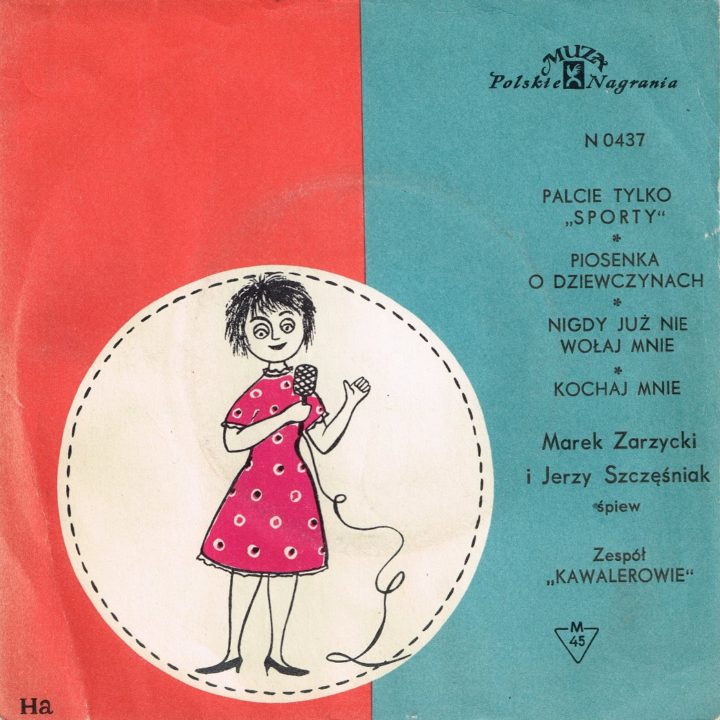
This is the third of Pete Kowalski’s articles on ’60s rock groups from Poland. Previously he wrote about Romuald i Roman and Chochoły.
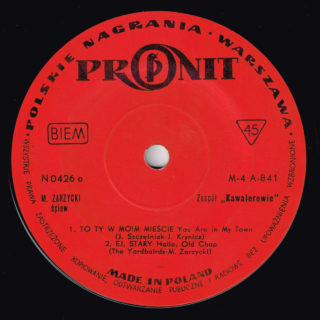
Founded in 1964 in Warsaw, Kawalerowie (The Bachelors) were active only for two years before disbanding in late 1966. The band was composed of four members, all in their twenties:
Jerzy Szczęśniak – guitar, vocals
Piotr Raczew – guitar
Marek Zarzycki – bass, vocals
Marek Rosiński – drums
Despite their fleeting activity, Kawalerowie managed to release a total of fourteen tracks: three full EPs and two songs issued on a 1967 compilation LP “1000 taktów młodości” (“1000 Bars of Youth”). Compared to other mid-1960s Polish beat groups that were lucky enough to be given a chance to make a record, their style seemed to lean towards British rhythm’n’blues of the day with evident influences of groups such as The Animals and The Yardbirds. As far as musicianship is concerned, the band’s recordings represent a rather uneven level – apart from brilliant covers of “I Ain’t Got You”, “I’m a Lover Not a Fighter” and “Long Tall Shorty” with Polish lyrics, and “Nigdy już nie wołaj mnie” which is a great up-tempo track with a sharp scream introducing the guitar solo, there are some less brilliant numbers.
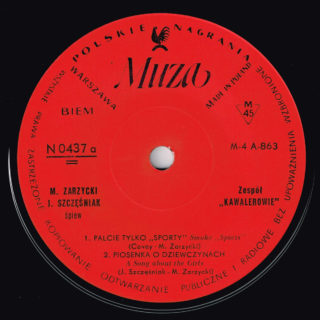
Of all the band’s releases, their second 45, accompanied by a sleeve which bears the same graphics as Chochoły’s “Naście lat” EP, is probably the most appealing one. It opens with “Palcie tylko sporty” (“Smoke Only Sports”) which is the aforementioned rendition of the 1964 Tommy Tucker classic with Polish lyrics which ironically advertise Sporty brand cigarettes, presenting them as a miraculous remedy for the blues. “Piosenka o dziewczynach” (“A Song About Girls”) starts with a wild bass riff but is regrettably compromised by snotty vocals. Side B features “Nigdy już nie wołaj mnie” (“Don’t Ever Call Me Again”) which may very well be among the best Polish garage rock tracks and “Kochaj mnie” (“Love Me”), another Kawalerowie take on an evergreen rhythm’n’blues tune – “The Night Time (Is the Right Time)”.
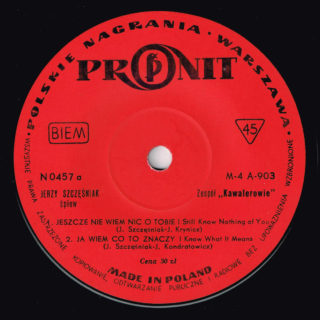
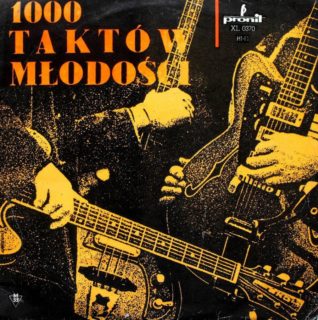
Like the majority of Polish beat groups of the time, Kawalerowie recorded much more material than was officially released in the communist times. The complete Kawalerowie recordings are available on a CD compilation “Kawalerowie – gwiazdy polskiego big beatu” issued by Polskie Nagrania. “Od dzisiaj znów zacznijmy marzyć” (“From This Day On, Let’s Start Dreaming Again”, “I’m a Love Not a Fighter” cover) is available on vinyl compilation Working Class Devils vol. 2, released on Beat Road Records.
Kawalerowie discography:
Pronit N0426: “To ty w moim mieście” (“It’s You in My Town”) / “Ej, stary” (“Hey, Fella”) / “Małgorzato, jeśli chcesz” (“If You Want It, Margaret”) / “Nie wiem gdzie cię szukać” (“I Don’t Know Where to Look For You”)
Muza N0437: “Palcie tylko Sporty” (“Smoke Only Sports”) / “Piosenka o dziewczynach” (“A Song About Girls”) / “Nigdy już nie wołaj mnie” (“Don’t Ever Call Me Again”) / “Kochaj mnie” (“Love Me”)
Pronit N0457: “Jeszcze nie wiem nic o tobie” (“I Don’t Know Anything About You Yet”) / “Ja wiem co to znaczy” (“I Know What It Means”) / “Słońce w dłoni” (“The Sun in Hand”) / “Czemu chodzisz z głową w niebie” (“Why Do You Go With Your Head In the Clouds”)
Pronit XL0370: “Uderzaj w mig” (“Strike Fast”) / “Kiedy dziewczyna mówi nie” (“When a Girl Says No”)
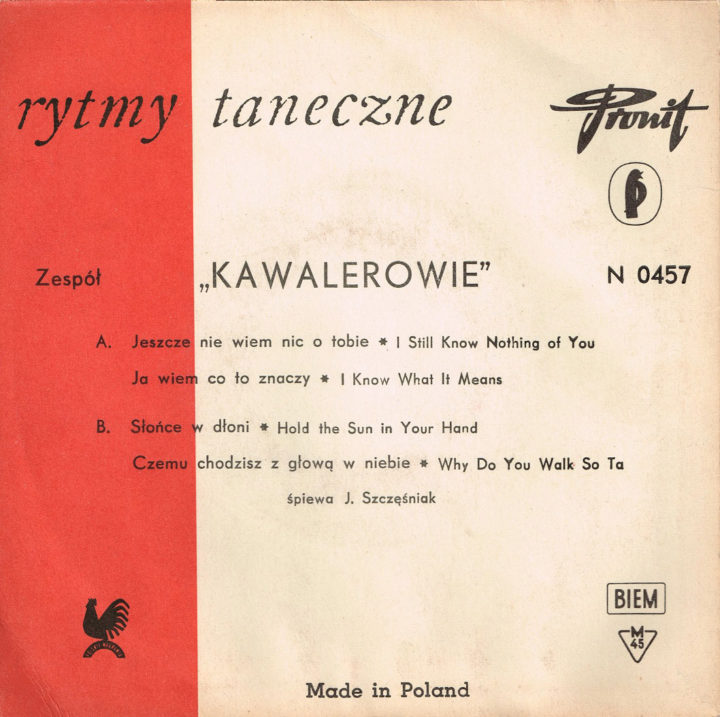


These bands are all to be commended , and honored , today , For making Rock’n’Roll music , be it good or bad , under the close scrutiny of the Communist regime. In the west , it was just a given that young people could do this.